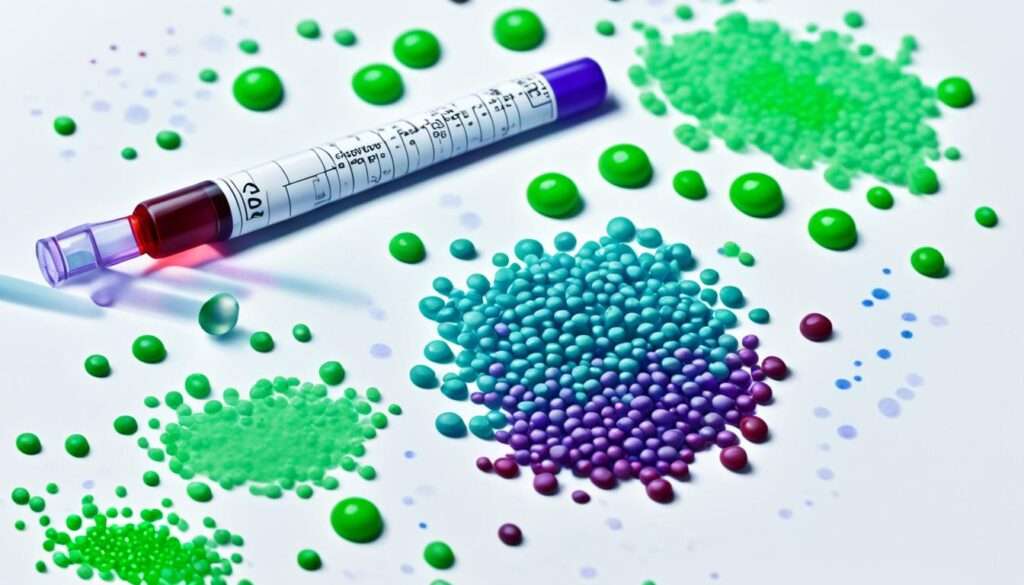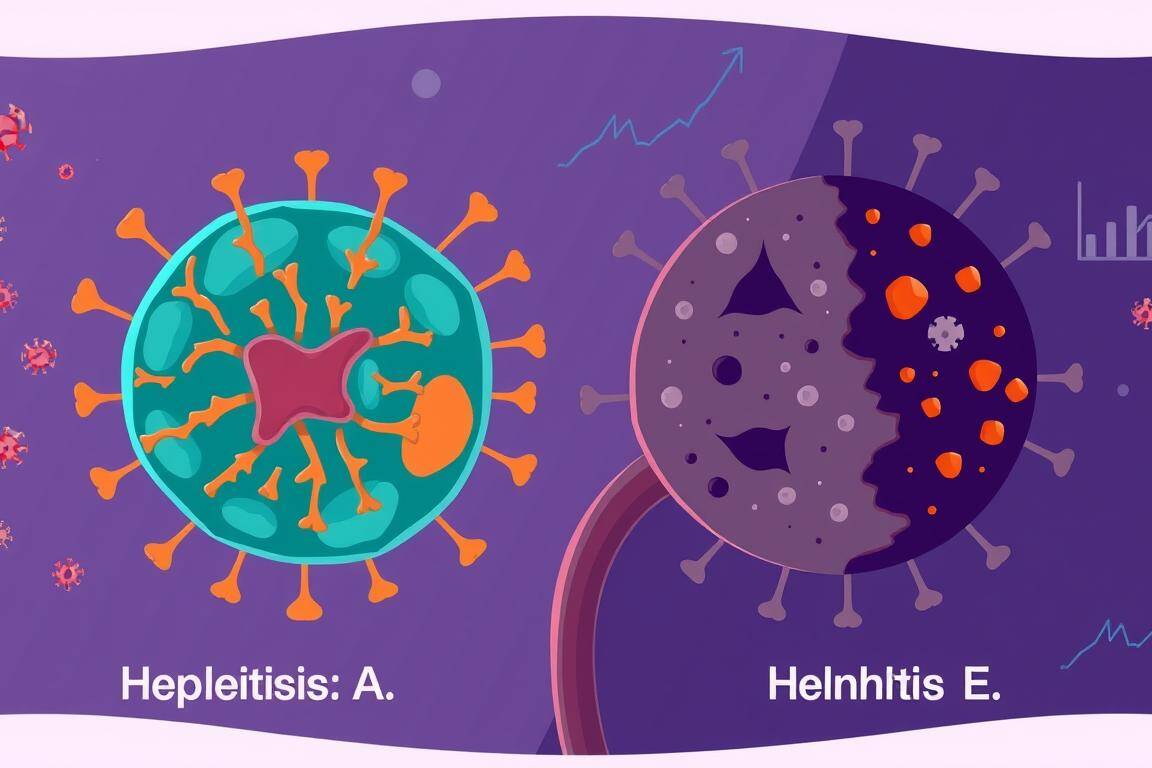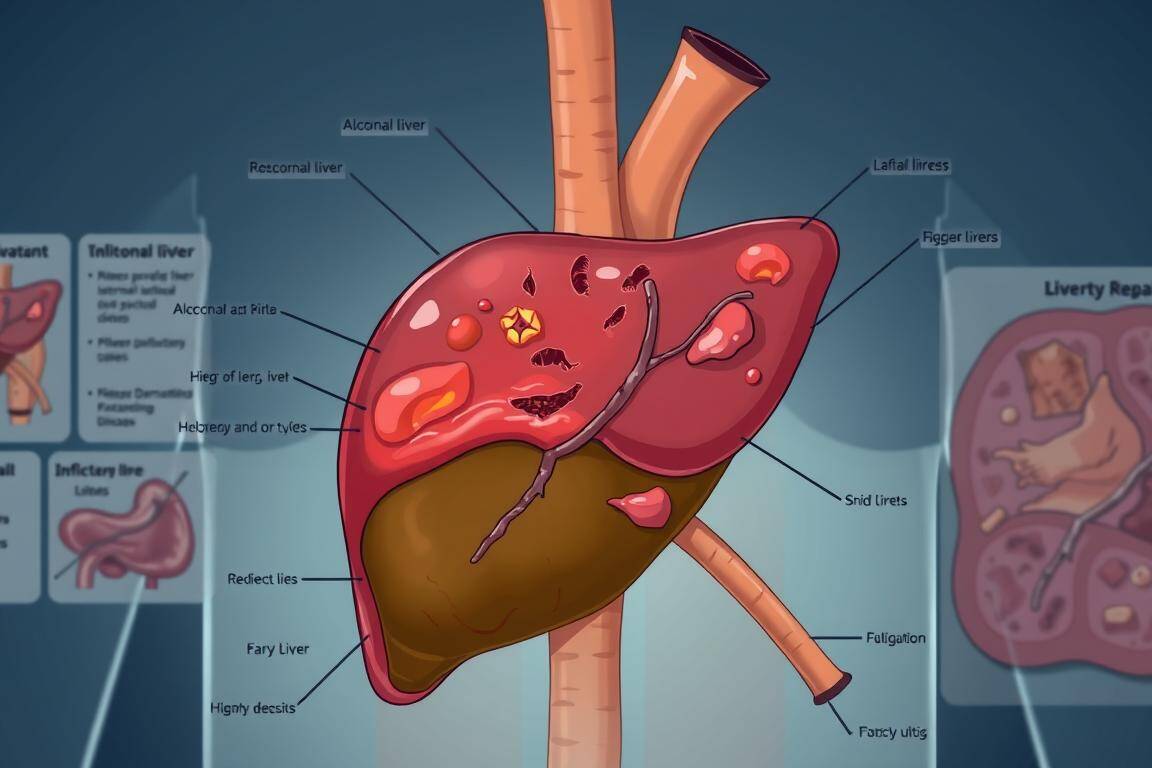If you recently got tested and the results came back Hepatitis A Antibody Positive, you’re probably wondering what that really means for your health. Does it mean you’re infected? Immune? Should you be worried?
Table of Contents
ToggleIn this article, we’ll break down everything you need to know about Hepatitis A antibody positive results—in plain language. We’ll cover how hepatitis A spreads, what the test results mean, and what steps you should take to protect yourself and others.
What Is Hepatitis A?
Hepatitis A is a highly contagious liver infection caused by the hepatitis A virus (HAV). It spreads through contaminated food or water and close contact with someone who is infected. It primarily affects the liver, causing inflammation and sometimes serious complications.
How Hepatitis A Spreads:
- Fecal-oral transmission (via contaminated food or water)
- Close contact with an infected person
- Poor hygiene and sanitation
In India and many developing countries, hepatitis A is still common due to limited access to clean water and sanitation in some areas.

What Does “Hepatitis A Antibody Positive” Mean?
Testing positive for hepatitis A antibodies means your immune system has produced a response to the virus. This can happen in two ways:
1. IgM Antibody Positive
- Suggests a recent or current infection
- Indicates you might be contagious
- Requires immediate medical attention
2. IgG Antibody Positive
- Indicates past exposure or vaccination
- Means you are now immune
- No longer contagious
Understanding the type of antibody is crucial. Your healthcare provider will use this information to guide treatment, precautions, and whether you need more tests or care.
Interpreting Your Test Results
Here’s a simple breakdown of what your results might mean:
| Antibody Type | What It Means | What You Should Do |
| IgM Positive | Active/recent infection | See a doctor immediately, isolate to avoid spreading |
| IgG Positive | Past infection or vaccination | You’re immune – no treatment needed |
| Both IgM & IgG Positive | Recently infected, developing immunity | Monitor closely with your doctor |
If you only test IgG positive, congratulations — you’re likely immune!
Symptoms of Hepatitis A to Watch For
While some people don’t show symptoms, here are common signs of a hepatitis A infection:
- Fatigue
- Nausea or vomiting
- Abdominal discomfort
- Fever
- Dark urine
- Yellowing of skin or eyes (jaundice)
Children often show mild or no symptoms but can still spread the virus. That’s why vaccination and hygiene are so important.
Natural Immunity vs. Vaccine Immunity
If you’re Hepatitis A Antibody Positive (IgG), your immunity likely comes from:
- A past infection (natural immunity), or
- A vaccine (vaccine-induced immunity)
Natural Immunity
- Lifelong protection
- Comes from surviving the infection
Vaccine-Induced Immunity
- Highly effective
- Usually lasts 15+ years, sometimes for life
Both forms of immunity will show up as IgG positive on your blood test.
What to Do if You’re IgM Positive
If your result shows IgM antibody positive, this means you have an active or recent hepatitis A infection. Here’s what to do:
- Visit your doctor immediately
- Isolate to avoid spreading the virus
- Hydrate and rest
- Avoid alcohol and fatty foods
- Don’t share food or utensils
Hepatitis A usually clears up on its own in a few weeks to months, but supportive care is essential.

Preventing the Spread of Hepatitis A
Even if you’re immune or recovered, prevention is crucial.
Key Hygiene Habits
- Wash hands after using the toilet and before eating
- Avoid sharing personal items (towels, cutlery, toothbrushes)
- Disinfect frequently touched surfaces
Who Should Get Vaccinated?
- Travelers to areas with poor sanitation
- People with chronic liver disease
- Men who have sex with men
- Healthcare and food service workers
Talk to your doctor about getting vaccinated if you’re not already protected.
Hepatitis A in Children
Children often experience mild symptoms but are a major source of transmission. The vaccine is recommended for:
- All children at 12-23 months
- Unvaccinated children and adolescents at higher risk
Vaccinating children protects families, schools, and communities.
Hepatitis A in Pregnancy
Hepatitis A during pregnancy can lead to:
- Preterm birth
- Severe liver complications
If you’re pregnant and test positive for IgM, notify your OB-GYN immediately. Preventative vaccination is safe during pregnancy and recommended in high-risk areas.
Hepatitis A and Travel Safety
Traveling to rural or high-risk areas? Be prepared.
Travel Tips:
- Get vaccinated at least 2 weeks before travel
- Drink bottled or filtered water
- Avoid raw or undercooked food
- Carry hand sanitizer and use it regularly
These steps can make the difference between a safe trip and a serious infection.
Treatment and Monitoring
There’s no specific antiviral treatment for hepatitis A. Most cases are self-limiting, but supportive care is vital:
Management Includes:
- Plenty of rest
- Hydration
- Avoiding alcohol and liver-toxic medications
Follow-up Care:
- Regular liver function tests
- Imaging (if symptoms persist)
- Monitoring for long-term liver health
In rare cases, hepatitis A can cause liver failure, especially in older adults or those with chronic liver disease.

Quick Facts: Hepatitis A Antibody Positive
- IgM Positive = Current or recent infection
- IgG Positive = Past infection or vaccinated
- Most people recover fully, but serious cases exist
- Vaccination is safe, effective, and essential
- Good hygiene protects everyone
Conclusion: Know Your Status, Take Control
If you’ve tested Hepatitis A Antibody Positive, you’re not alone—and you’re not helpless. Whether you’re recovering, already immune, or need to protect others, knowledge is your best defense.
- Got a positive IgM result? → Act now.
- Got a positive IgG result? → You’re protected.
- Not vaccinated yet? → Talk to your doctor.
Taking control of your liver health today means peace of mind tomorrow—for you and those around you.
FAQ: Hepatitis A Antibody Positive
Q1. What does “Hepatitis A Antibody Positive” mean?
It means your body has been exposed to the hepatitis A virus and developed antibodies—either from a past infection or a vaccine.
Q2. Can I still spread the virus if I’m antibody positive?
Yes, if you’re IgM positive, you may still be contagious. Practice good hygiene and seek medical advice.
Q3. Do I need treatment if I’m IgG positive?
No treatment is needed. You’re likely immune to hepatitis A.
Q4. Can I get hepatitis A again?
It’s rare. If you’re IgG positive, you’re likely immune for life.
Q5. Should my family get tested if I’m positive?
Yes, especially if you’re IgM positive. They may need testing or vaccination.
Q6. Is it safe to get vaccinated after exposure?
Yes, post-exposure vaccination can still prevent infection if given early.
Q7. How long does it take to recover from hepatitis A?
Most people recover in 4–8 weeks, though fatigue can last longer.
Q8. Can hepatitis A cause long-term liver problems?
Rarely, but it can be serious for people with pre-existing liver issues.
About The Author

Medically reviewed by Dr. Nivedita Pandey, MD, DM (Gastroenterology)
Senior Gastroenterologist & Hepatologist
Dr. Nivedita Pandey is a U.S.-trained gastroenterologist and hepatologist with extensive experience in diagnosing and treating liver diseases and gastrointestinal disorders. She specializes in liver enzyme abnormalities, fatty liver disease, hepatitis, cirrhosis, and digestive health.
All content is reviewed for medical accuracy and aligned with current clinical guidelines.
About Author | Instagram | Linkedin





